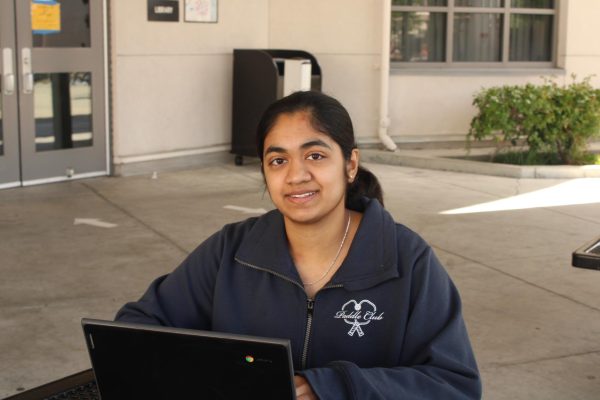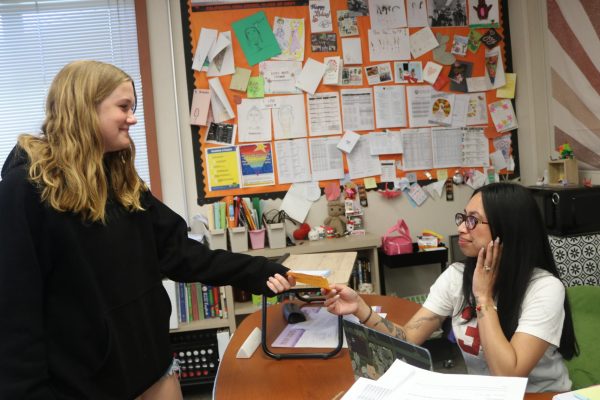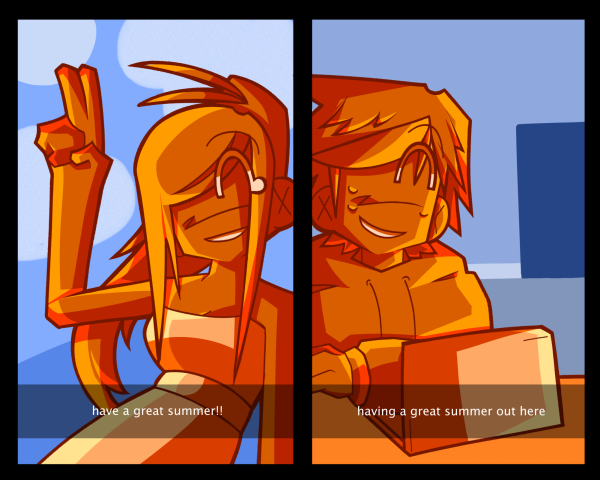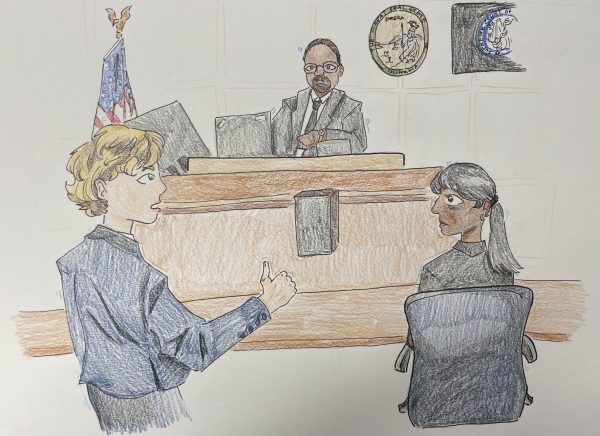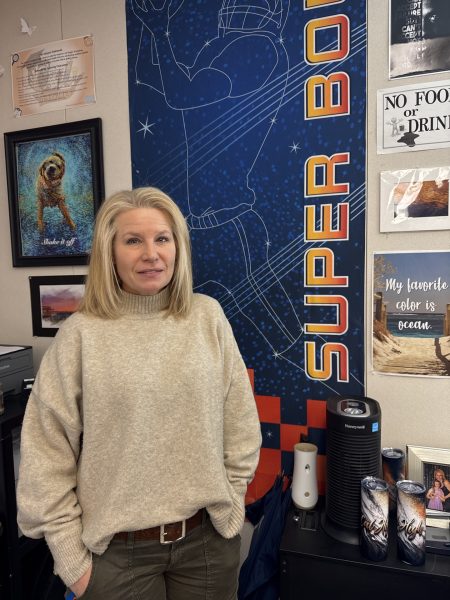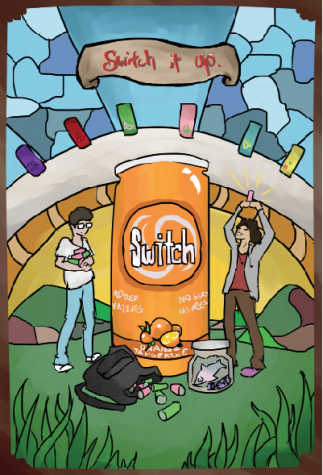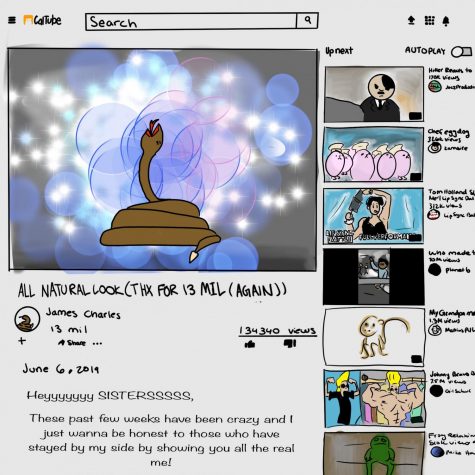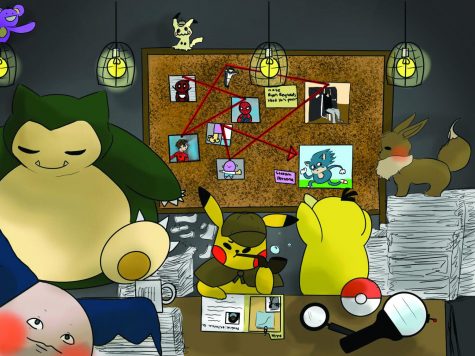Fake news rampant online
Social media contributing to growing problem
Social media is a fascinating and bizarre world full of selfies, dank memes, and the newest phenomenon: fake news.
To be clear, fake news is different from biased news, which still cites sources and uses facts, albeit in a way that often favors a news organization’s beliefs.
Biased news is still truthful, while fake news is made up entirely and simply untrue.
And while active efforts exist, including legal ones, to prevent the spread of falsified news as was seen during the 2016 election, the effectiveness of these measures remains uncertain.
There is no one news source or social media website in particular that can be blamed. Fake news is everywhere.
Facebook, Twitter and other social media websites have already been trying their best to control the influx of fake news.
“Our goal is to show people the content they will find most meaningful, and people want accurate news,” Facebook CEO Mark Zuckerberg wrote on a Facebook post. “We have made progress, and we will continue to work on this to improve further.”
Google has also taken initiative against fake news as well, as apart of an effort to eliminate “bad ads,” as reported by Business Insider. Specifically, Google has now placed policies against advertisements that scam and impersonate popular news sites.
Despite efforts, social media still remains an effective catalyst for the spread of false stories throughout the Internet. This is to the frustration of many.
“Fake news is fake news,” said senior Kent Nguyen, who believes people who write fake news should find something more productive to do. “Stop wasting time and do something.”
A prominent example of people who write fake news is the Facebook group American News, an organization with more than 5 million likes and 4 million followers.
Its stories have included wildly unsubstantiated claims, such as the Holocaust being dropped from school curriculum to ensure political correctness, and that former President Barack Obama’s wife, Michelle, confirmed that he was born in Kenya.
None of these stories had any genuine authors or sources, and tended to be only five sentences in length.
Another product of social media was a fanatical conspiracy theory called Pizzagate. This fake story claimed that the term “cheese pizza” was considered a secret codeword for child pornography in Clinton campaign manager John Podesta’s emails, which were leaked by WikiLeaks.
Buzzfeed reported that Pizzagate traced back to a tweet from Oct. 30, 2016, from a white supremacist and avid Donald Trump supporter that claimed Hillary Clinton was “at the center” of a pedophilia ring.
Twitter user David Goldberg tweeted, “Rumors stirring in the NYPD that Huma’s emails point to a pedophila [sic] ring and @Hillary Clinton is at the center.”
Alongside the tweet was a picture of the Facebook post supposedly proving Clinton’s involvement in a pedophilia ring. The theory gained visibility when it stirred controversy in a section called Reality Check with Ben Swann, broadcast by a CBS affiliate in Atlanta.
But even Swann himself reported that there was no clear evidence to corroborate the Pizzagate theory.
“To be clear, not one single email in the Podesta emails discusses child sex trafficking or pedophilia,” Swann reported during a broadcast. “But there are dozens of what seem to be strangely worded emails about pizza and handkerchiefs.”
The Pizzagate theory even led to a shooting at Comet Ping Pong, one of the restaurants allegedly involved in the child porn ring. Fortunately, nobody was hurt in the incident.
In the recently charged political climate of the 2016 election, fake news has been ever more rampant. But many people such as Zuckerberg said the possibility that such fake news affected the results of the election was unlikely.
“Of all the content on Facebook, more than 99 percent of what people see is authentic,” Zuckerberg wrote on Facebook. “Only a very small amount is fake news and hoaxes… [It is] extremely unlikely hoaxes changed the outcome of this election in one direction or the other.”
According to their newsblog News Feed FYI, Facebook has recently begun an initiative that allows users to report erroneous news by flagging stories as “disputed,” which will prompt users that a story is unconfirmed in its accuracy by independent fact checkers.
The effects of fake news have caused action on part of the government as well.
Specifically, some bills have been proposed in California to better educate people on such fabricated news.
Assembly Bill 155 and Senate Bill 135 have been proposed to require the state Board of Education to teach how to judge the credibility and quality of information found online, including social media, and add media literacy training to social science classes, respectively, according to the San Francisco Chronicle.
Fake news has become a concern for many Americans. A recent Fox News poll reported that 61 percent of voters feel that fake news is hurting the country.
Many Cal students agree.
Sophomore Aidan Otero believes fake news takes advantage of people’s fears about ongoing events.
“It’s just to stir up something,” said Otero. “It has a motive, an agenda.”
Others, like freshman Sarah Zhang, showed concerns that fake news removes viability from real news as it discredits news media in general.
“You have to trust other people to give you news,” Zhang said.
Such sentiments of the idea that news could not be trusted was shared by other students as well.
But while his peers suggested concern or disdain, sophomore Etienne Valdez suggested that perhaps the recent influx of fake news is simply a byproduct of the social media culture. He said that social media creates a constant necessity of validation and zealous self representation.
“Filters are like facades for people’s lives,” Valdez said. “It looks like it’s all right on the outside but deep inside it’s not.”
For some, fake news may be a source of validation, and a way to justify their beliefs or be accepted by others. Fake news stories sound absurd to some, but for others if it fits with their ideals, they choose to accept it.
